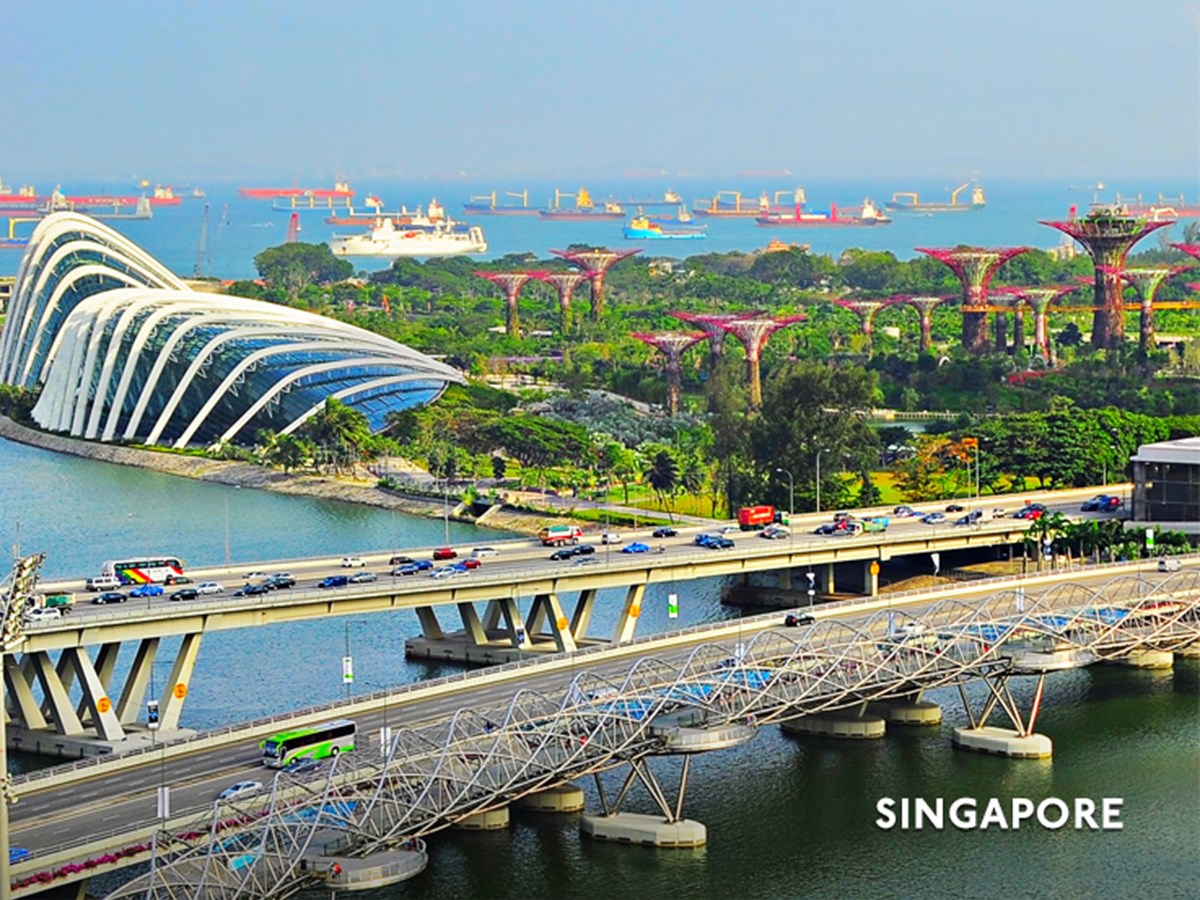
English High Court sets aside investment treaty award

The English High Court in The Republic of Kazakhstan v World Wide Minerals Limited & Anor [2020] EWHC 3068 (Comm) (“WWM Limited”) recently handed down its decision to set aside an investment treaty award of a London-seated arbitration, involving World Wide Minerals Limited (“WWM”) (the award creditor) and the Republic of Kazakhstan (the award debtor), for the reason that the State was not given a fair opportunity to respond to the basis on which the arbitral tribunal had awarded damages.
The dispute arose out of a bilateral investment treaty (“BIT”) concluded between Canada and the USSR in 1989, pursuant to which a Management Agreement was awarded to WWM (a Canadian corporation) by the State of Kazakhstan (after regaining independence following the dissolution of Soviet Union) in 1996. Pursuant to the Management Agreement, WWM was to, among others, develop, upgrade and promote Kazakhstan’s uranium mining and processing facilities, and to ultimately acquire the facility. The State subsequently terminated the Management Agreement in 1997. In turn, WWM commenced the arbitration, and claimed damages for alleged breach of various provisions in the BIT and Management Agreement. In substance, WWM alleged expropriation of its investment by breaches of both the BIT and the Management Agreement.
The arbitral tribunal dismissed all of the expropriation claims, save for discrete claims by WWM that the State had acted unjustly and arbitrarily, and had not accorded fair and equitable treatment to WWM as required under the BIT. However, although the tribunal had only upheld some of WWM’s claims on liability, and WWM had argued its case on damages on an “all or nothing” basis with “no attempt whatsoever” to individually identify the losses caused by each of the alleged breaches, the tribunal proceeded to award the entire sum claimed by WWM, i.e. the sunk costs of its investment. In turn, the State applied to set aside the award.
In WWM Limited, the English court noted that WWM had invited the tribunal to issue a partial award on liability and invite further submissions on quantum thereafter, if only some of the alleged breaches were upheld. The court also acknowledged that it would have been difficult for WWM to submit on damages until liability was established. In view of these matters, and the manner in which WWM had presented its case, it was held that the arbitral tribunal ought not to have proceeded to award WWM the sunk costs of its investment. In particular, the English court opined that the State had not been given the opportunity to address the basis on which the tribunal had made its award for damages, and it was satisfied that if the State had been given the opportunity to deal with this point, there may have been “a significantly different outcome”.
The High Court thus set aside the award on damages, and remitted the issue regarding the quantum of damages to be awarded to WWM back to the tribunal for determination.
Comments
The Singapore and English courts generally seek to uphold arbitral awards, and the task of setting aside an arbitral award is not easy. Given the comments by the court in WWM Limited, parties should strongly consider having bifurcated proceedings where multiple claims are brought, the quantum of damages is dependent on the success of each of these claims, and quantification is complex.

